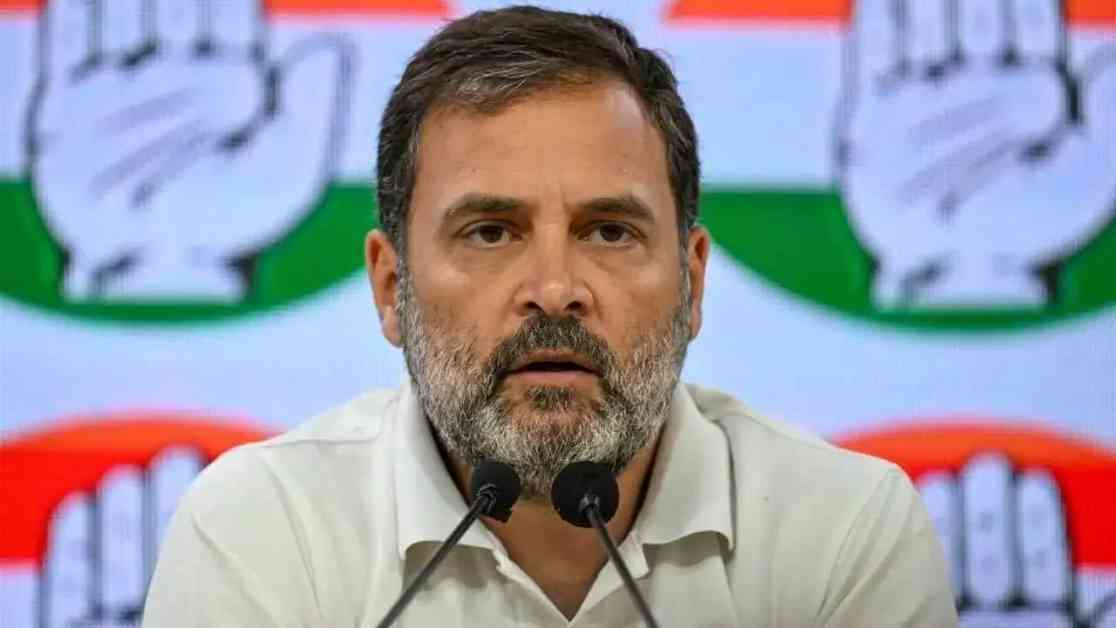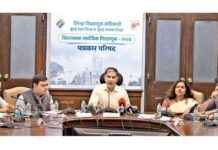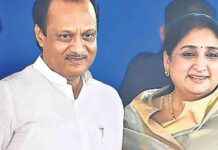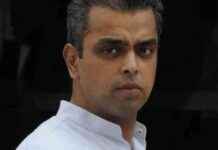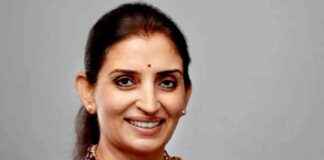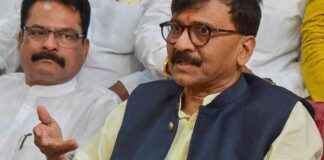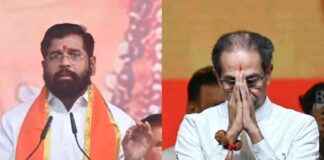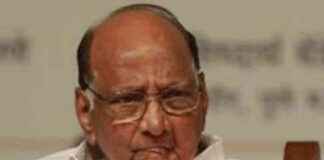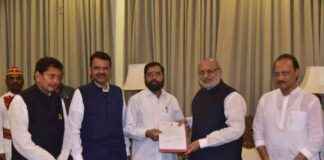Rajasthan Chief Minister Bhajanlal Sharma recently made strong statements against the Congress party, particularly targeting Rahul Gandhi, ahead of the upcoming assembly elections in Maharashtra. Sharma accused the Congress of going against the Constitution and supporting terrorism and separatism. He highlighted the Congress’ opposition to the removal of Article 370 and criticized their actions during the Emergency in 1975.
Sharma emphasized the achievements of the BJP-led Centre under the leadership of Prime Minister Narendra Modi, highlighting the progress made in Rajasthan in the last ten months. He pointed out the positive changes in the country since 2014, including welfare schemes, development initiatives, and the improvement in India’s global reputation.
During his visit to Maharashtra, Sharma attended an event in Solapur, underscoring the importance of the upcoming assembly elections in the state. The elections are scheduled for November 20, with counting taking place on November 23. In the previous assembly elections, the BJP emerged as the leading party with 105 seats, followed by Shiv Sena with 56 seats and Congress with 44 seats. In 2014, the BJP won 122 seats, Shiv Sena secured 63 seats, and Congress took 42 seats.
Sharma’s comments reflect the escalating political tensions in the run-up to the Maharashtra elections, with parties gearing up for a fierce competition to secure power in the state. The accusations and criticisms exchanged between the BJP and Congress indicate the high stakes involved in the electoral process and the significant impact these elections could have on the political landscape of Maharashtra.
As the campaign intensifies and political rhetoric heats up, voters in Maharashtra will play a crucial role in determining the future direction of the state. The contrasting visions and policies presented by different parties will be under scrutiny as citizens evaluate their choices and make informed decisions at the ballot box. The outcome of the Maharashtra elections will not only shape the state’s governance but also have broader implications for national politics, reflecting the dynamic and complex nature of Indian democracy.
